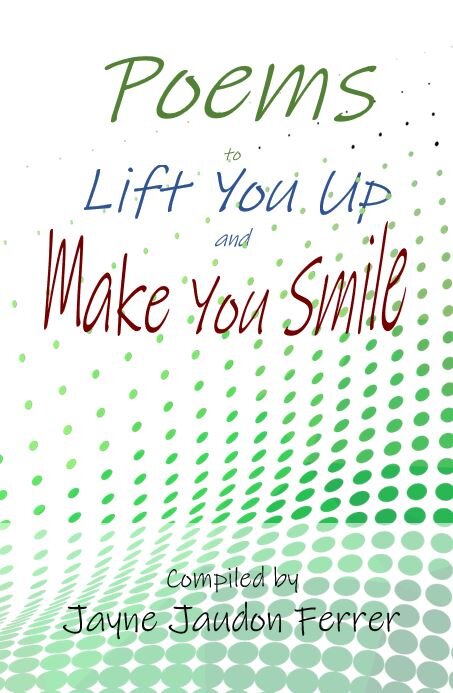| |
|
How happy is he born or taught,
That serveth not another's will;
Whose armour is his honest thought,
And simple truth his highest skill;
Whose passions not his masters are;
Whose soul is still prepar'd for death
Untied unto the world with care
Of princes' grace or vulgar breath;
Who envies none whom chance doth raise,
Or vice; who never understood
The deepest wounds are given by praise,
By rule of state, but not of good;
Who hath his life from rumours freed;
Whose conscience is his strong retreat;
Whose state can neither flatterers feed,
Nor ruins make accusers great;
Who God doth late and early pray,
More of his grace than goods to send,
And entertains the harmless day
With a well-chosen book or friend.
This man is free from servile bands
Of hope to rise or fear to fall;
Lord of himself, though not of lands;
And having nothing, yet hath all.
This poem is in the public domain.
|
.bmp)
Sir Henry Wotton (1568 – 1639) was an English author and diplomat, though he spent most of his life in Italy. Following a long and checkered career as a foreign ambassador, involving much travel and not a little intrigue, Henry wound up as the provost of Eton College. His body of work is not large, and none of his poetry was published during his lifetime, but he was enormously respected for his integrity and its impact on those around him.
|
|
Jean :D:
This is a great poem to read slowly & even meditate on. Such good advice in this world of power-hungry, status seeking folks. Love the last 2 lines in the 5th stanza, I'm a book reader, not a TV watcher.
Posted 03/03/2016 08:33 AM
|
Ross Kightly:
At a time when even the Great Bard himself was not averse from a bit of kowtowing to nobility there is probably an element of sincere hope for the best in this poem - fine though its sentiments are, for a diplomat at that time, remaining 'free from servile bands' was perhaps easier wished for than achieved. Great choice of poem from an underrated poet, thank you Jayne.
Posted 03/03/2016 05:22 AM
|
|
|
|




.bmp)